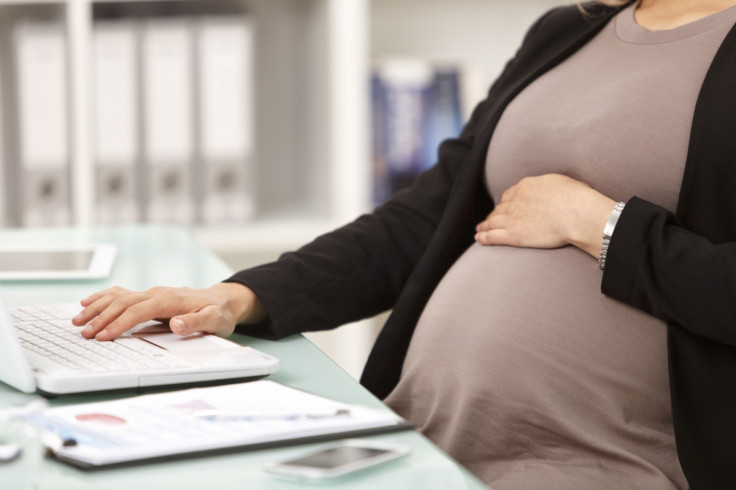US: More than 100 women sue Endo Pharma over packaging error on birth control pills that led to unplanned pregnancies

More than 100 women in the US are suing Qualitest Pharmaceuticals, a subsidiary of Irish drug maker Endo Pharmaceuticals, for a packaging error on birth control pills they say resulted in unplanned pregnancies. Some of the women are seeking damages for lost income and medical costs, while some of them want the pharma company to pay for the cost of raising their children.
The negligence lawsuit filed in a Philadelphia court has claimed that the pills were "defectively and dangerously designed, manufactured, packaged, sold and distributed". In addition, the lawsuit suggests that due to the packaging error, the lot number and the medication's expiry date were hidden.
The lawsuit seeks a jury trial and damages for raising a child including education. Laws in some US states allow women to sue over the cost of raising a child up to 18 years of age. Damages in a few states could include the cost of college education as well.
In 2011, Qualitest Pharmaceutical voluntarily recalled multiple lots of their oral contraceptives due to a packaging error. The pills' labeling had been placed upside down reversing the weekly tablet orientation. As a result, women would start the wrong dosage and be misled that they would not get pregnant. All but four of the 117 women involved in the lawsuit became pregnant and 94 of them went on to give birth, according to Medical Daily.
This was because many of the women ended up taking placebo pills, instead of hormone pills. They are now suing Endo Pharmaceuticals and other companies that made or distributed the pills under various brand names, including Cyclafem, Emoquette, Gildess, Orsythia, Previfem and Tri-Previfem.

Birth control pills release hormones, either estrogen or progestin (or both) into a woman's body. These hormones prevent eggs from being released from a woman's ovary by tricking the body into thinking that it is already pregnant. Some pills, like these in question have placebos -- or sugar pills -- which do not contain any hormones, but are meant to be taken at the end of the pill cycle to remind women to take their medication at the same time everyday.
Women are thus protected from pregnancy during the days they take the placebo pills, as long as they take their medication consistently. However, protection against pregnancy is compromised when the pills are not taken consistently, or, when women take the wrong pills.
© Copyright IBTimes 2025. All rights reserved.





















